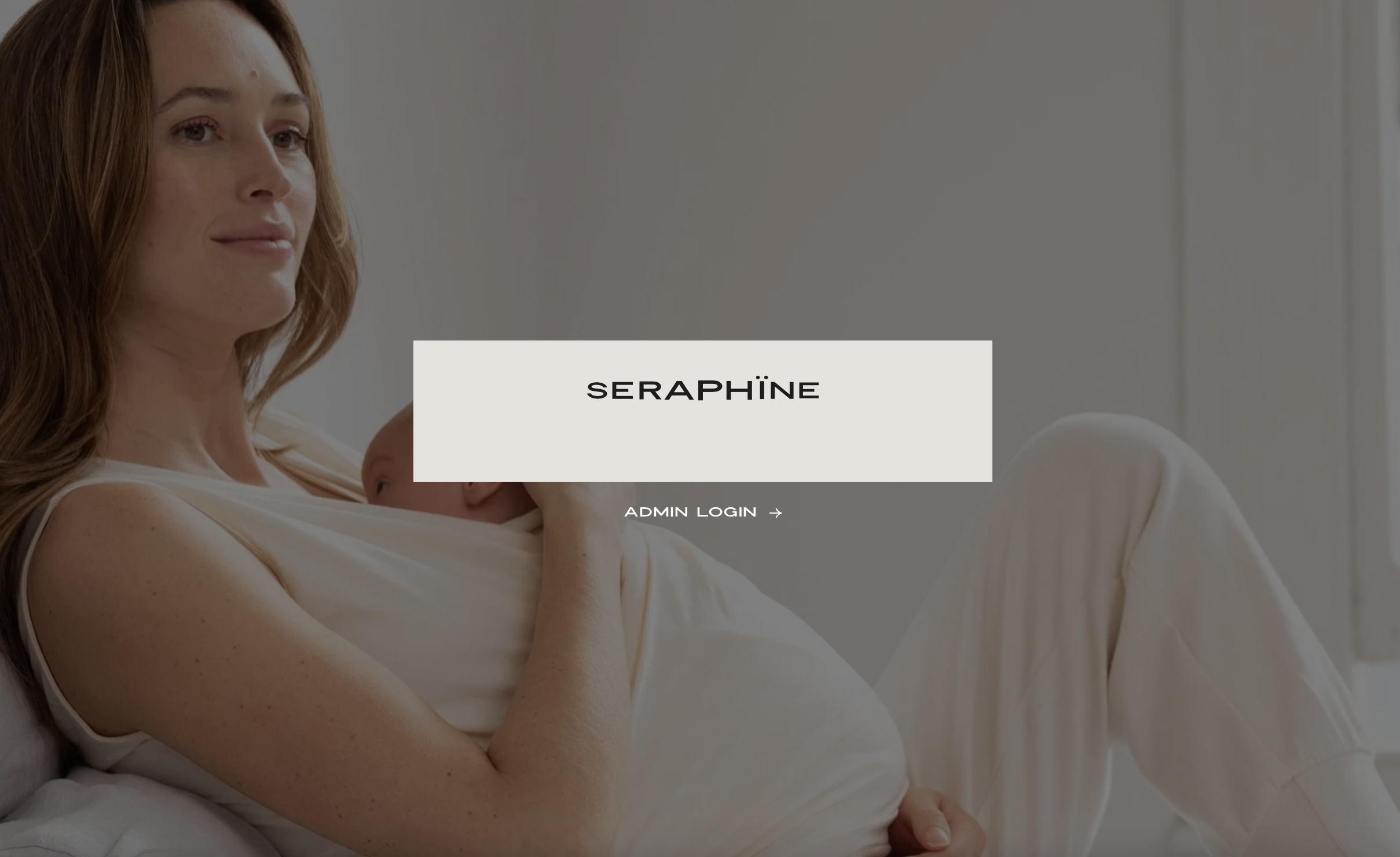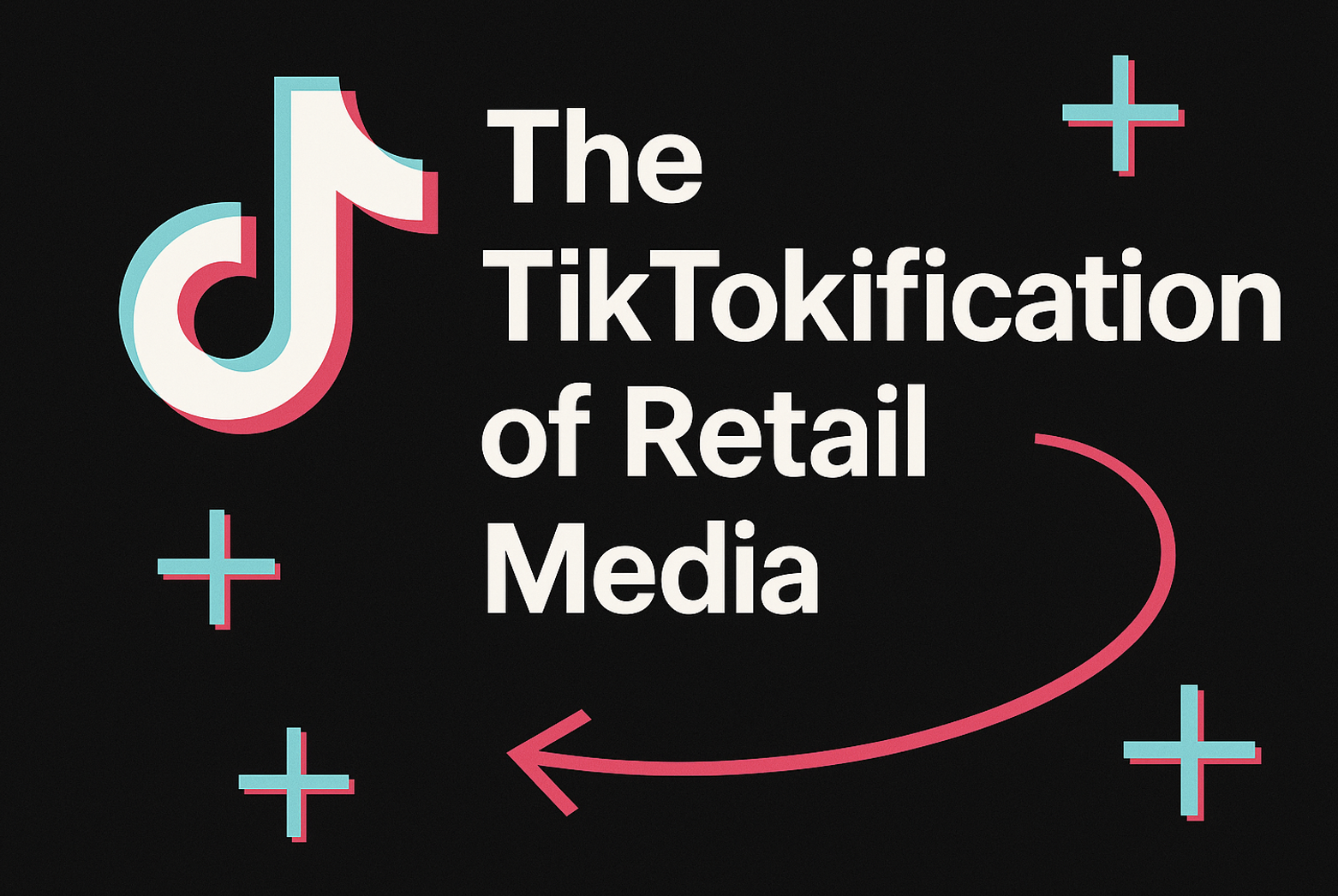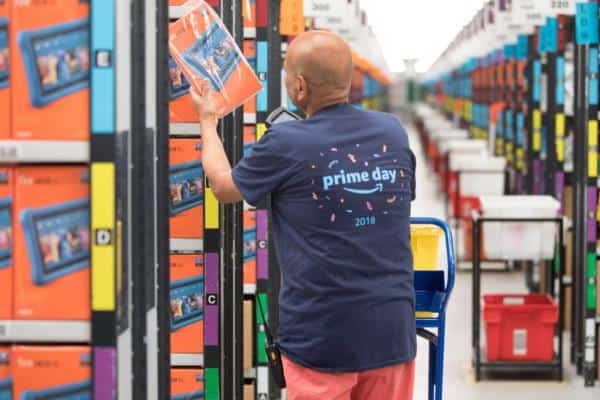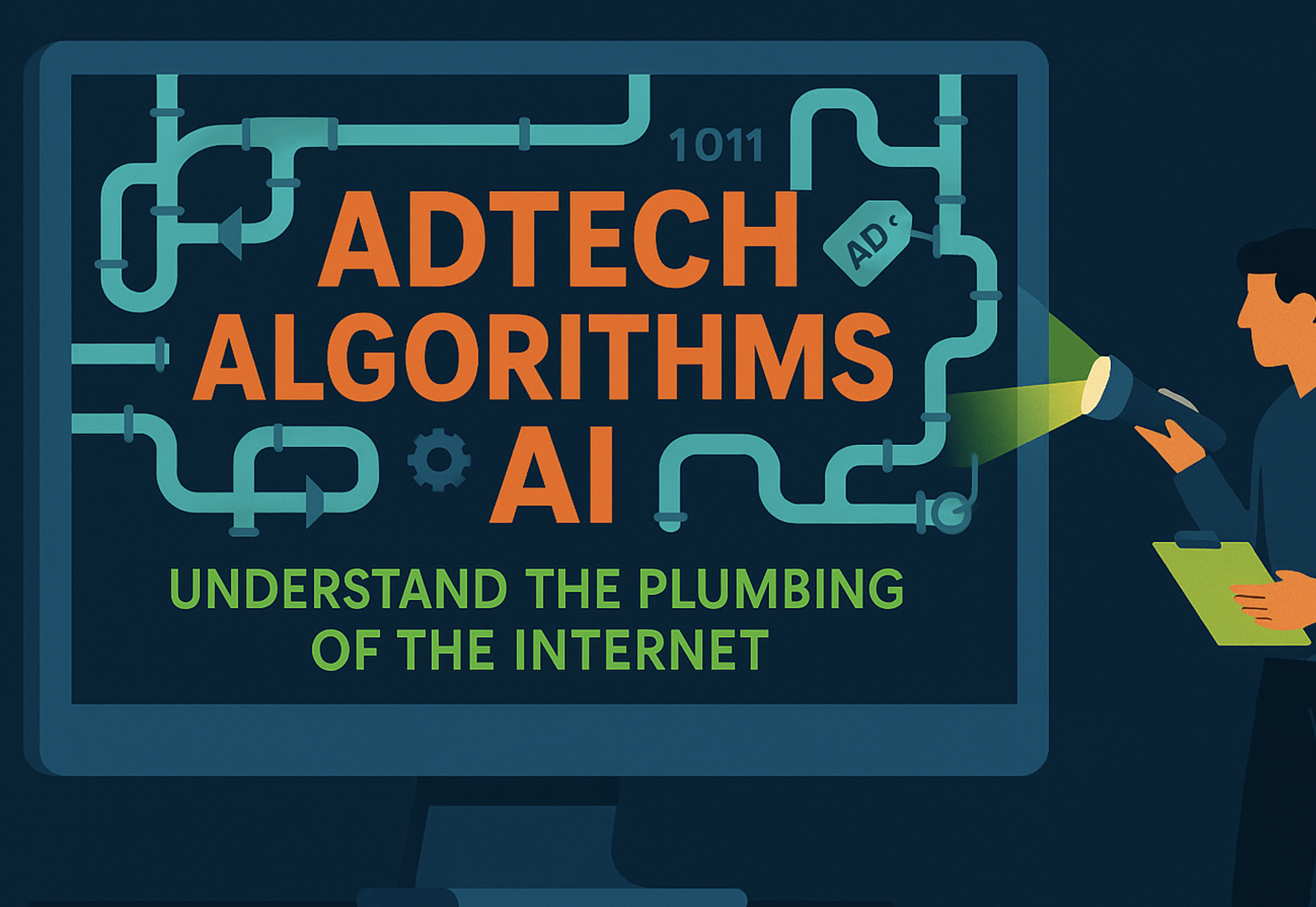With many car makers hitting Mobile World Congress last week with connected cars, Hedley Aylott, CEO and Co-founder of Summit argues that buying a car with a mobile is the ultimate demonstration of how far mobile has come in consumer’s minds. And Peugeot is in the driving seat
It has been 20 years since Nokia launched the first mobile with access to the internet. Since then, technology has evolved more rapidly than many people could have ever predicted. As we enter 2017, we have reached a new stage in our digital development with people using the internet on a plethora of devices, for every kind of purpose. With this advance in technology has come an unrecognisable change in consumer behaviour.
Shopping on mobile devices is now the norm, with the number of people who have used their mobile to make a purchase in the UK currently at 80%. As transaction technology improves, and more retailers install time-saving functions such as guest check out options, this number will continue to rise. Shopping on-the-go has never been easier, and retailers who fail to provide options which fit around a busy lifestyle are already paying the price. The automotive industry is the latest sector to offer an online ordering platform, with technology making it possible to buy a car on the go.
This change in consumer behaviour has been the driving force behind the latest developments in ecommerce technology. It was about time that the automotive industry adapted to this new way of thinking. For example, we recently worked with Peugeot to create their ‘Order Online’ platform. This enables customers to complete the end-to-end car buying process online, from trading in an old car to applying for finance. In theory, if a customer already knows their desired specifications, the whole process could be completed in as little as half an hour.
Peugeot, along with a number of other car manufacturers, recognised a demand for this type of technology, after observing that customers are increasingly turning online to carry out research before buying a new car. It was once unimaginable to purchase a car without taking it for a test drive, but this is no longer the case, as increasing numbers of consumers feel their online research is sufficient.
Researching online can actually prove extremely informative, with the broad range of reviews and information available on the internet. In fact, figures from Hyundai show that the number of customers who opt to take a test drive is now only 53%, a number which is likely to decrease as more car manufacturers start to offer buy online functions.
It seems that the way people view buying a new car has also changed; for many it is no longer a capital investment, as increasing numbers make monthly payments towards cars bought on finance and change car every few years. Buying online has further advantages for car buyers, as it also eliminates the awkwardness often associated with haggling for a good deal with a car salesperson and may provide more choice than visiting a dealership.
As confidence in online shopping continues to grow, many consumers find this option more convenient and less time-consuming than visiting a store. According to the British Retail Consortium, ‘online channels achieved highest share of total non-food retail spend on record in the three months to January’. Retail trends which were previously only applicable to relatively low cost items such as clothing or food are being mirrored in the way we now approach more significant purchases. We can expect a whole range of retailers to improve their ecommerce offering to reflect this. It’s also likely that other car manufacturers will join Peugeot, Hyundai and Smart and offer a buy online function.
The introduction of this type of technology is a natural reaction to drastic changes in consumer behaviour. Advances of this nature are bound to receive a mixed response, but with manufacturers already reporting positive feedback, retailers who offer this function seek to gain a significant advantage. Ten years ago, many people were sceptical about buying clothes online without trying them on, today we’re having the same discussions about cars. It’s an exciting time for the retail industry, as we think ahead to other items which we may one day be purchasing online.








